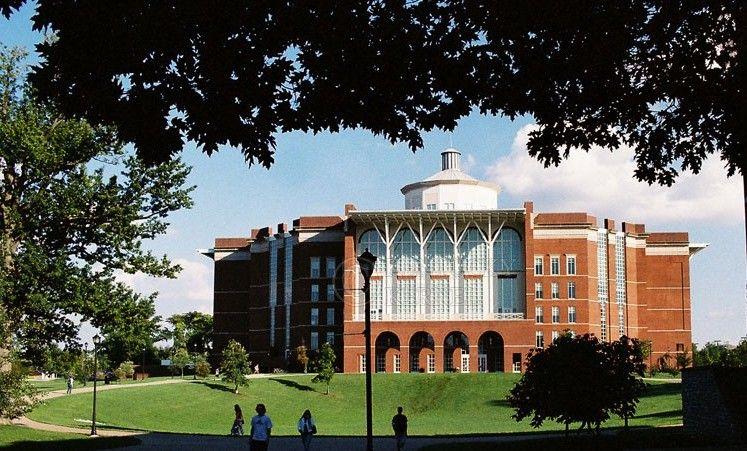Why are so many Wildcats leaving the pride?
September 5, 2013
Kernel editorial
It is no secret that UK has poor retention rates. Almost one in five students who enrolled in 2011 did not make it back their sophomore year, according to a report by UK’s Office of Institutional Diversity. That means that one of your friends from your hallway freshman year has either dropped out or transferred to another university.
Was it because they didn’t make friends? Were they not cut out for college? Did they just not like UK? There is a reason why they left, and it needs to be addressed.
Retention is a vague topic with plenty of questions, and it seems to be haunting the administration.
On Tuesday, the Kernel editorial board sat down with UK President Eli Capilouto and Provost Christine Riordan to discuss the future of the university and initiatives they have for this year.
It seems both the president and the provost are asking the right questions about retention and trying to figure out how to improve. After all, a university should be focused on keeping students here and graduating on time. And with the numbers UK is boasting, it is time to tackle this issue in a meaningful way.
We want to know what factors are fueling the problem, and when those worrisome trends are identified, we want to see the administration taking real steps to reverse them.
One thing that we know sends students packing is UK’s advising structure. After getting through their general education courses, all too often students find themselves stuck in the wrong major and don’t know how to get out.
Having to plan for the rest of your life is difficult enough for seniors, let alone for freshmen trying to pick a major. Unless students know what they want to do from the start, or have family prodding them along, they are basically on their own. They need and deserve the best academic advising possible.
Thinking about tomorrow won’t change how students feel today, though.
Thankfully, part of Capilouto’s campaign of improving the overall undergraduate experience has been enhancing housing around campus. Living in outdated dorms that our parents partied in during the 70s or 80s isn’t too appealing, especially when there might be another university next door with better amenities. While it may not be a huge factor, we think it’s still important and are glad our children won’t have to climb down 22 flights of stairs during a fire drill at Kirwan Tower.
That said, comfy beds and fancy laundry machines won’t keep a student at UK who feels isolated. With nearly 29,000 students at the university, it’s easy to get lost in the sea of faces. If it’s too hard to make friends during the first year, the odds of a student returning diminish substantially. Who would want to come back to school if there is nobody to come back to? College is more than just taking classes and getting a degree; it’s a learning experience where students make friends, join organizations and grow as individuals.
“I feel pretty strongly if we can get our students engaged in the first year, they’ll feel a sense of belonging,” Riordan said on Tuesday.
We agree, and we are looking forward to Riordan’s plans of expanding UK’s living-learning programs. Though both Capilouto and Riordan said they aren’t exactly sure why students don’t stay, we are looking forward to the results of research they are conducting and figuring out what can be done.
Until Capilouto arrived two years ago, the university’s efforts were focused on everything but the undergraduate students. We are pleased to see President Capilouto continue his goal of bringing back the college experience to students, and we hope Provost Riordan does the same.
The university must fill the gaps where students fall through. If they don’t, we’ll just keep losing them.




















































































































































